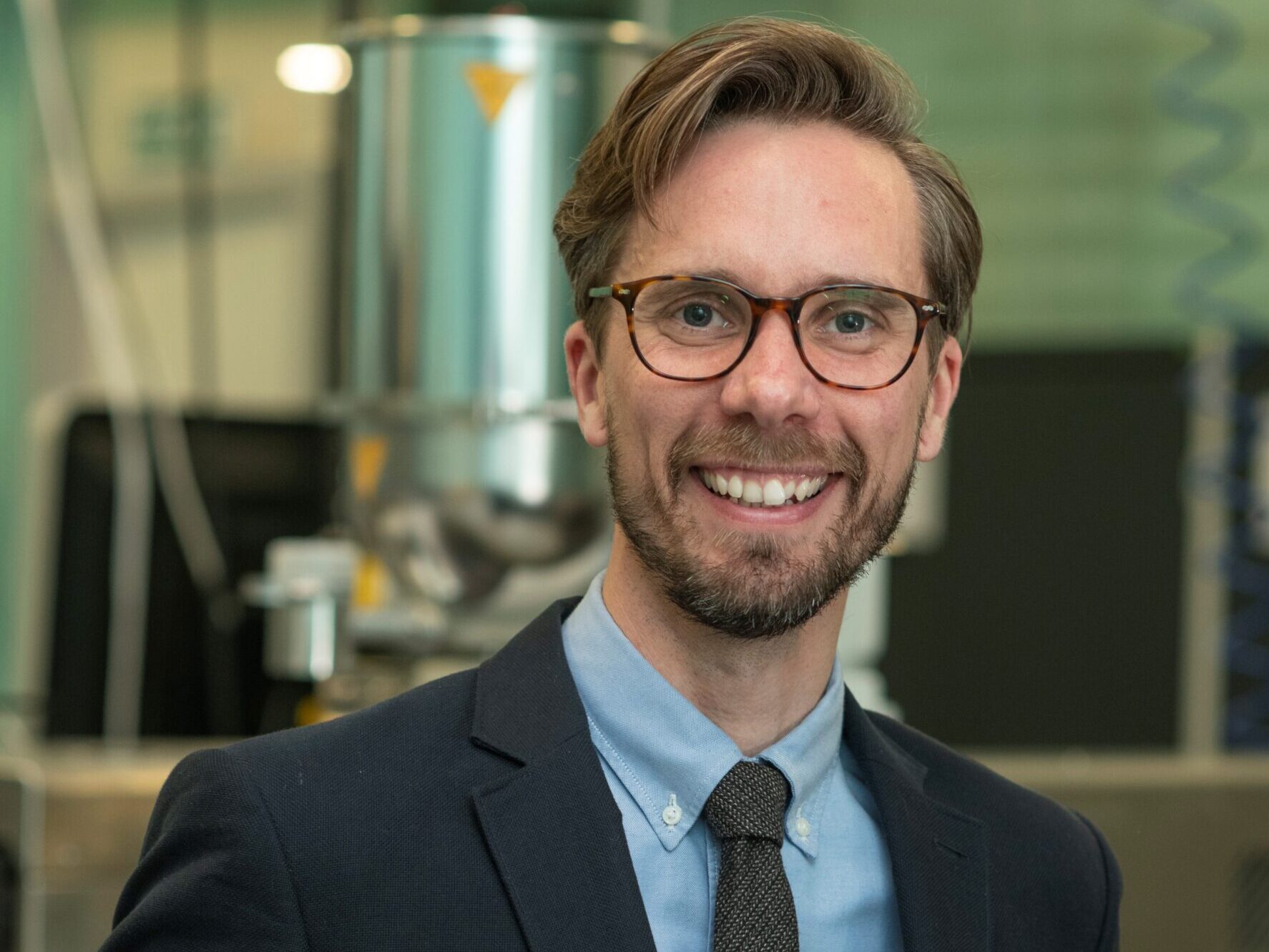As someone that’s worked in and around business for decades, I know that often businesses are at their most vulnerable when just getting started. At that embryonic stage a single piece of bad luck, an unfortunate market trend or an order falling through can be terminal.
This isn’t just anecdotal – we know around half of businesses fail in the first five years of trading, and it’s not hard to understand why. Of course, sometimes this is inevitable, but too many of these businesses could have been successful, with adequate help and support. It’s because we believed this that universities like mine, Warwick, decided to take action to do what we can to support small business, especially when they’re just getting started.
So, we made the decision that we needed to do what we could to support small business, especially in the wake of the battering taken by many in the pandemic. Warwick has brilliant expertise in the fields of electrification, electric vehicles and batteries, and so we decided to do what we could for small business in this area, playing to our strengths. With over a quarter of greenhouse gas emissions coming from transport alone, change in this area is vital.
In 2022, we decided to partner up with NatWest to launch the Clean Tech Accelerator – a free programme with a simple purpose: to help businesses fast track the next generation of green transport technology.
The accelerator is a six-month course which aims to provide businesses with the tools, contacts and expertise needed to help turbocharge their growth in clean transport. The free course offers specialist events, support with grant applications, 1-1 coaching and a collegiate network for entrepreneurs to make use of. It’s free for businesses to take part in, with pre-revenue and even pre-prototype companies having made use of the course.
Designed for green transport companies, and for businesses transitioning towards a green future, the accelerator has already helped over 40 companies of all shapes and sizes in looking towards their own future in the context of our aims to become net zero. In this time, we’ve helped businesses on areas ranging from drones and aerospace, micro-satellites, electric chargers and hydrogen generators to realise their potential faster than they would have been able to independently.
This sort of growth is exactly what we’ll be discussing at Birmingham Tech Week, taking place this week. Ran by Tech WM, with Warwick as the founding academic patron, Tech Week is the biggest event of its type outside London, with a laser focus on transforming the West Midlands into the tech capital of the UK.
I believe that the opportunity for growth in clean transport is huge, and not just for companies who are already exploring in this direction. The demand for electric vehicles has risen hugely over the last few years and, despite a little recent uncertainty, will almost certainly continue on this trend over the next decade.
Vehicles, charging and infrastructure all require business, products, and innovation to keep up with the demand for electric vehicles, and the changing face of transport. Companies like Conigital, who completed our Clean Accelerator, and have just raised over £500 million for their groundbreaking driverless vehicles, are an excellent example of the untapped potential in clean transport.
The shift to electric vehicles is the biggest change in transport since the invention of the combustion engine itself. The change is huge – and the opportunity in this space is just as huge. All that’s left is for business and entrepreneurs to go out there and grasp them. We must do all we can as a university to support them.
– Guest Blog authored by James Black – Innovation Manager, WMG at the University of Warwick

